The 2025 National Immunisation Conference Series welcomed over 1,000 delegates and a notable line-up of distinguished guests and expert speakers at four separate locations across Ireland in recent months.
Packed events in Kilkenny, Limerick, Dublin, and Carrick-on-Shannon were organised and coordinated by the professional development coordinators for general practice nursing (PDCGPNs), in partnership with the National Immunisation Office (NIO). This year’s series was entitled: ‘Empowering nurses, protecting communities’, and placed a special focus on the inclusion of vulnerable and hard-to-reach communities.
PDCGPNs welcomed the hundreds of GPNs and other healthcare professionals in attendance for their commitment to the national immunisation programmes, their continuous professional development, and for “keeping communities safe and well”. Describing the 2025 series as “bigger and even more successful” than last year’s conferences, they expressed their delight at the volume of “learning, updating, networking, and collaborating” that took place across the entire series.
Speaking to Nursing in Practice Ireland (NiPI) at the Dublin event in Croke Park, attendees described the conference as “practical, informative, and clinically-grounded”, as well as “a really valuable conference”, and “a great opportunity to refresh our knowledge and learn from each other”.
“We don’t get many opportunities for collaboration or education. I attended the National Immunisation Conference last year for the first time and learned so much. This year has been an excellent refresher. The PDCs and the NIO team are always very helpful and bring a lot of information,” said a Dublin-based GPN.
Each event was formally opened by a distinguished and invested guest. In Kilkenny, Jennifer Murnane O’Connor, Minister of State at the Department of Health with special responsibility for Public Health, Wellbeing, and the National Drugs Strategy, opened the series by outlining the commitment to their communities shown by general practice staff in the delivery of immunisation programmes.
In Limerick, Dr Diarmuid Quinlan, Medical Director of the Irish College of GPs, gave a warm opening address, commenting specifically on the vast numbers of patients GPNs engage with, as well as their dedication to learning.
In Dublin, Deputy Chief Nursing Officer Grainne Sheeran also recognised the special contribution of nurses in the community to protecting populations from vaccine preventable disease. Like Dr Quinlan, Ms Sheeran commended the passion for continuing education among GPNs.
In Carrick-on-Shannon, Director of the NIO, Dr Lucy Jessop, welcomed attendees to the final event and acknowledged the success and value of the series. She thanked delegates sincerely for the huge role they each play in disease prevention and health promotion by implementing immunisation programmes, and thanked the PDCGPNs for their work in delivering the series and strong collaboration with the NIO.
PDCGPN Marie Cantwell told NiPI she was delighted by the success of the conference series and large attendance at each of the four venues. Marie wished to express huge gratitude on behalf of the PDCGPN group to speakers, exhibitors, clerical assistants, and management, and especially to all the delegates – many of whom attended on their own time and at their own expense.
Extending support and education systems to nurses in general practice
HSE Chief Executive Officer Bernard Gloster addressed delegates via a recorded message, emphasising the value of these now annual events. “I wish you a good conference,” he said. “A conference of collaboration, a conference of learning, a conference of sharing.” Mr Gloster thanked the NIO, GPs, and other healthcare professionals involved in immunisation administration, and placed a significant emphasis on the role of the GPN.
“When we go to GP surgeries, one of the people we now increasingly meet, with a very, very central role, is the GPN, and I particularly want to pay tribute to GPs, GPNs, and general practice staff. I also want to recognise the very positive and constructive relationship our PDCs have developed with the general practice nursing community.
“In fact, just very recently, with my own nursing adviser Dr Geraldine Shaw, and others, I’ve been exploring how we can extend the support system of education, learning, and development to the general practice nursing community in a much more defined way, and one which reflects the reality that general practice is such an integral part of what we do.”
Despite the substantial challenges in accessing educational and professional development compared with their peers in the public sector, a diverse array of poster presentations demonstrated the motivation and learning that is taking place among GPNs and the small number of GP ANPs (advanced nurse practitioners) in Ireland at the conferences.
Judges said they were impressed by all of the posters and enjoyed reading about the “great work” taking place – “in many settings and by different teams, all working to maximise the uptake of immunisations” in Ireland.
A poster titled ‘Embrace immunisation’ by GPN Olivia Trench, The Mall Medical Centre, Tuam, Co Galway, won best overall. Ms Trench’s poster depicted “the practical methods” introduced at her practice that led to target childhood vaccinations of 95 per cent being achieved consistently for 14 years.
Methods used included the promotion and encouragement of immunisation uptake by patients within the practice, fostering a culture of vaccine awareness and promotion, and an emphasis on continuing professional development. The judges described the poster as “a really great description of good practice in general practice to achieve and maintain high uptake of childhood immunisations”.
Lived experience and social inclusion
The National Immunisation Conference Series 2025 heard personal accounts from Polio Survivors Ireland representatives, who gave moving and deeply personal talks. They spoke about early memories of illness, the trauma of long hospital stays, separation from family, the long-term effects, and the emotional and physical tolls of adapting to life with a disability.
Bridie McMahon, Patrick Skehan, and Mick Keegan delivered their stories with dignity and clarity, and elicited profound responses from attendees, some of whom were visibly emotional. Their stories offered attendees a meaningful, real-world perspective, and highlighted the importance of immunisations in preventing the recurrence of such vaccine preventable diseases.
PDCGPN Mairead Murphy told NiPI that the talks “heightened awareness” around the needs of polio survivors. “This type of engagement supports stronger policy development and meaningful service improvement,” she said, and described how several attendees approached her afterwards to say how deeply they were impacted by the stories.
To highlight issues in bringing immunisation programmes to vulnerable communities, representatives from Traveller and Roma communities, as well as spokespersons from social inclusion projects and those working among marginalised groups, brought their experiences to the stage.
Delegates learned the challenges that face these communities in accessing healthcare, in placing trust in healthcare professionals, and navigating the health service. Issues that affect vaccine uptake including living conditions, language barriers, and experience of trauma were outlined, as were evidence-based solutions and available supports and resources.
Each of the sessions was a powerful expression of issues facing populations such as Travellers, Roma, migrants and refugees, persons experiencing homelessness or addiction, sex workers, LGBTI+ communities, and survivors of abuse, as well as the professionals working within these populations.
The common theme throughout all sessions was that time and respect, a non-judgemental approach, and a consistent clear message are the strongest tools in effective communication, leading to greater trust and acceptance of available immunisations.
Emerging threats and immunisation updates
Among many highlights at the National Immunisation Conference Series 2025 was an update on current and emerging threats in Ireland – primarily pertussis, measles, meningococcal disease, and H5N1 highly pathogenic avian influenza. The presentation was delivered by several experts in public health medicine at each event and took the form of an interactive, game-show that included notable statistics and insights into disease evolution.

Dr Lucy Jessop, Dr Louise Marron, and Dr Chantal Migone from the National Immunisation Office (NIO) prepared and delivered an informative and practical talk on many aspects of immunisation, including the role of the NIO. The conference heard that the NIO is distinct from The National Immunisation Advisory Committee (NIAC) and the Department of Health.
“We do not make recommendations and we are not responsible for immunisation policy,” Dr Jessop said. “We support the implementation of the national immunisation programme.”
Dr Jessop also provided updates on the primary childhood immunisation programme, pertussis, measles, respiratory syncytial virus, the influenza, and Covid-19 vaccination programmes, and the national immunisation information system during the talk.
Dr Tom Barrett, Senior Medical Officer, NIO, received a particularly warm welcome from attendees and delivered a comprehensive overview of the primary immunisation schedule, including catch-up vaccination.
Dr Barrett said that each chapter of the immunisation guidelines states that “in some circumstances, advice in these guidelines may differ from that in the summary of product characteristics of the vaccines”.
Delegates heard that when this happens “the recommendations in the guidelines, which are based on current expert advice from NIAC, should be followed”. Dr Barret moved on to discuss the primary childhood programme and advised GPNs what to do when children presented later than recommended.
“The vaccines included in the Primary Childhood Immunisation Programme are recommended from two months of age and are provided over five visits at two, four, six, 12, and 13 months. The vaccines then protect children when they are most vulnerable to vaccine-preventable infectious diseases. However, for various reasons, children often present late for vaccination or present from other jurisdictions having commenced a different vaccine schedule.”
Dr Barrett went on to describe optimal and minimum intervals for vaccination, interrupted courses of vaccinations, and catch-up vaccination at various ages for children born before, on, or after 1 October, 2024. The talk included expert advice on vaccinating premature babies, unlicensed single vaccines, intervals between vaccines, and general catch-up information.
Evidence-based practical skills
The role of the National Immunisation Office (NIO) in communicating with the general public through traditional and digital channels, as well as the importance of interpersonal communication with patients about vaccines, were key themes at the 2025 National Immunisation Conference Series.
Talks were delivered by Dr Muireann de Paor, Specialist Registrar in Public Health Medicine, NIO (Kilkenny and Carrick-On-Shannon); Dr Alice Quinn, Specialist Registrar in Public Health Medicine, NIO (Limerick); and Dr Eimear Hayes, Senior Medical Officer, NIO (Dublin). Delegates received an overview of how to access NIO information, for both the public and as healthcare professionals, before the focus moved to interactions with patients.
Speakers defined vaccine acceptance and hesitancy, and discussed the various influences on decision-making about immunisations. “Vaccine acceptance and hesitancy are complex, context specific, and vary by time, place, and vaccine,” the conference heard.
“Vaccine acceptance is a continuum. Most people who are undecided about vaccines are not ‘anti-vaccine or vaccine deniers’, they are unsure, have doubts, or are worried. A very small proportion of people are against vaccination.”
Behavioural and social drivers of immunisation were also discussed, data was presented indicating a positive pro-vaccine stance in Ireland, and separate findings were described showing that countries with higher GP confidence in vaccines have higher public confidence, especially in the human papillomavirus vaccine. Practical ways to address vaccine hesitancy were then presented, with an emphasis on building trust.
“How we communicate information around vaccines can be even more important than what we say,” the conference heard. The talks concluded with videos of clinical scenarios to promote “evidence-based interventions that work”, particularly motivational interviewing.
There were three ‘skills zones’ created especially for the series to provide practical learning for GPNs. Clinical holding and injection technique was facilitated by Dr Thelma Begley, Assistant Professor in Children’s Nursing at Trinity College School of Nursing and Midwifery. Dr Begley was joined at each venue by a clinical expert from the region.
This session focused on the principles of medication management, the evidence-based guidance for correct site identification, injection technique, and the ‘rights’-based practice of holding a child for clinical procedures.
It included a practical demonstration of techniques and procedures and was extremely well received by the engaged and interactive attendees.
PDCs Marie Courtney and Kathy Taaffe delivered the second skills zone dealing with medicine protocols and their use in immunisation programmes in general practice. Kathy and Marie emphasised that all vaccinations are prescription-only medicines, and delegates heard that medicine protocol templates are available from the PDCs and can be adapted for local use.
The final skills session was facilitated by representatives from Clanwilliam Health and was based around quick guides to using the software systems in practice – Socrates, Health One, and Helix Practice Manager – to ensure efficient scheduling and accurate recording of immunisations.
A handbook-style guide to optimising the software for immunisation clinics in practice was created for each of the three systems. The use of the software systems was demonstrated at each session and the representatives from Clanwilliam remained onsite throughout each day to ensure that all queries were addressed.
The final presentation at each conference came from Medisec indemnity providers and was entitled: ‘Little legs, big decisions’. The talk focused on issues around consent in relation to the immunisation programmes in practice, outlined what ‘good’ consent entails, and examined some of the considerations in complex situations such as foster care and parental dispute.
The nurse’s responsibility in relation to consent, the key aspects of informed consent, and record-keeping were all discussed, followed by a lively, post-talk debate on potential ethical dilemmas.
Overall, the conference series was an engaging and informative opportunity for the frontline leaders of vaccination provision in Ireland to collaborate and learn. Each event covered a wide array of practical and relevant topics, and feedback from GPNs about all aspects of the series have been positive.
If you could not attend the series in person, a range of resources and learning material from the conferences are available for GPNs and GP ANPs from the PDCGPNs.
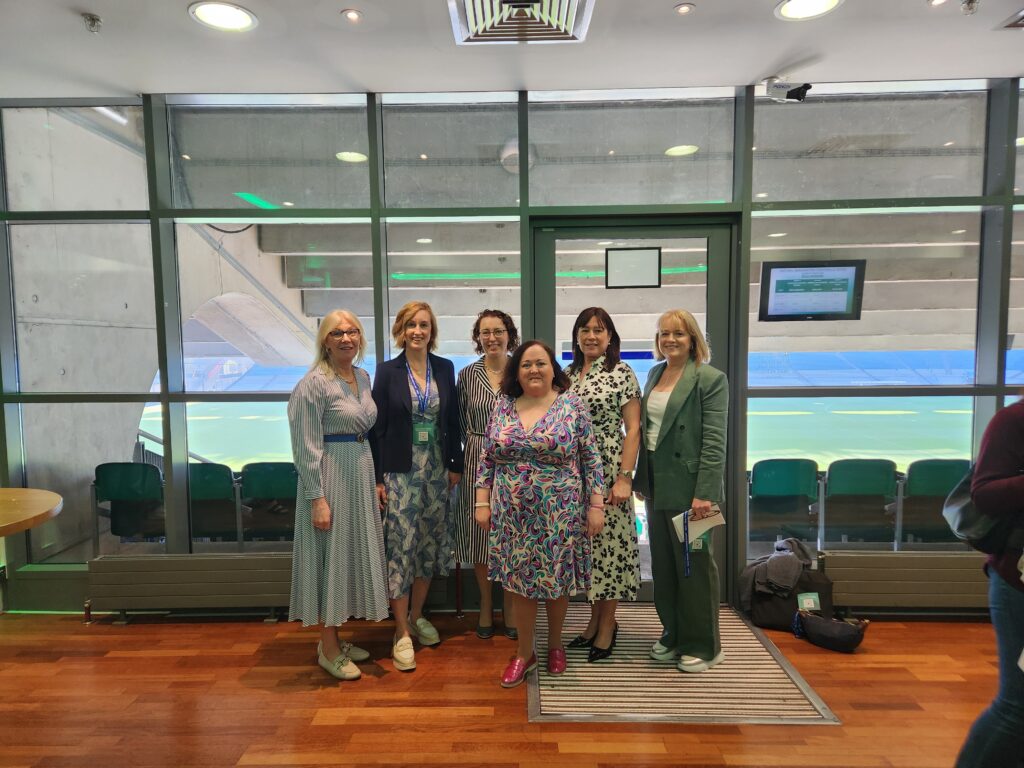
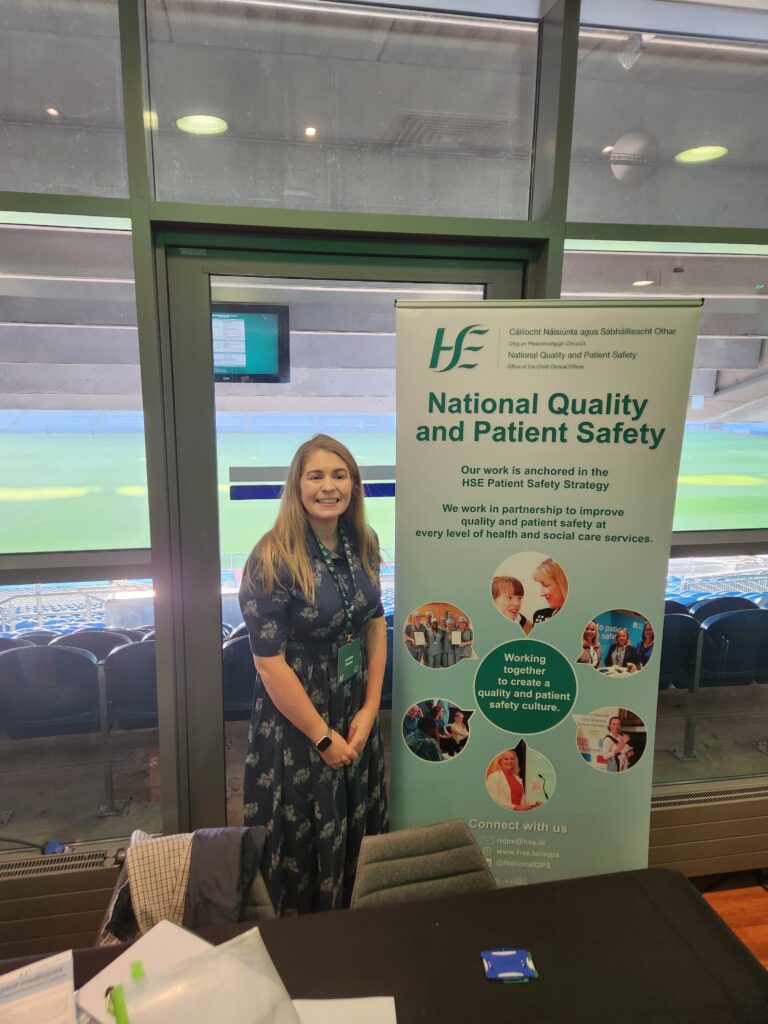
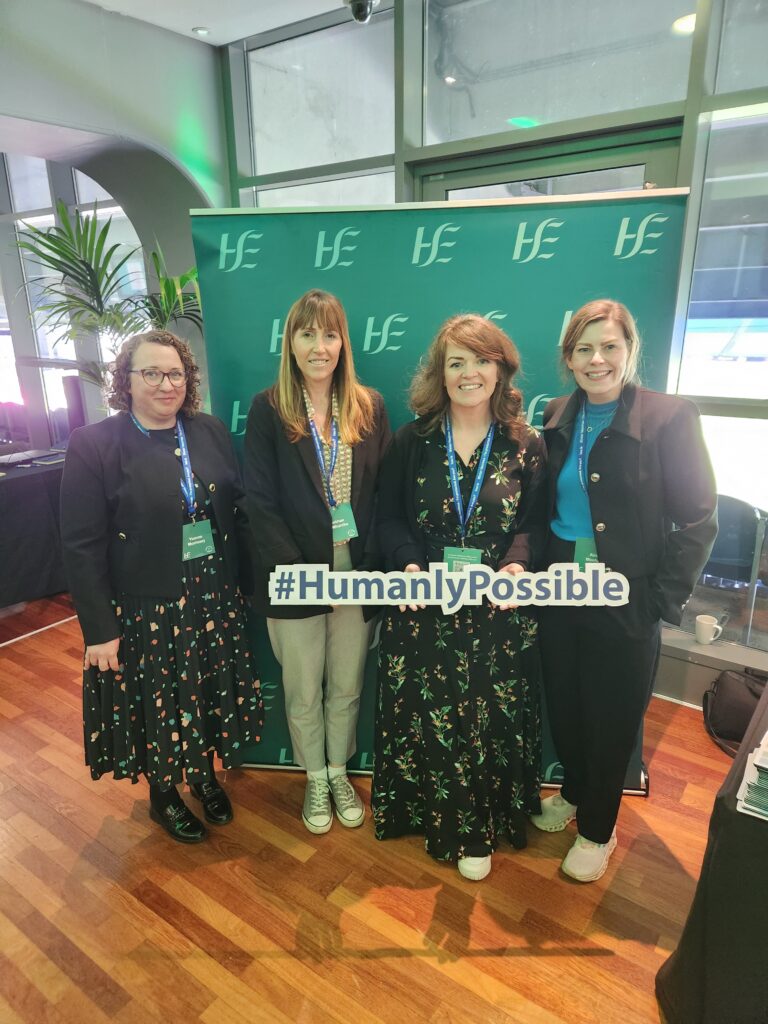
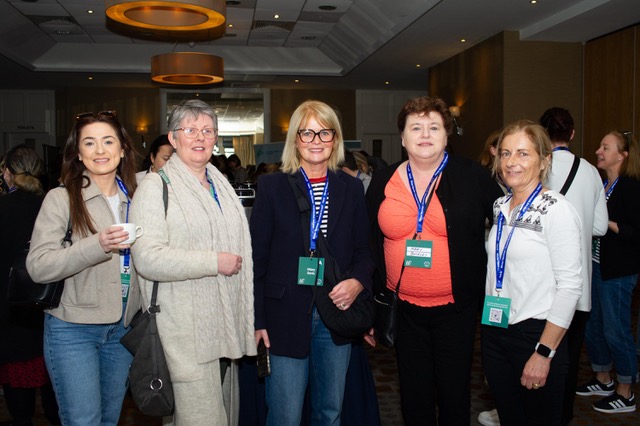
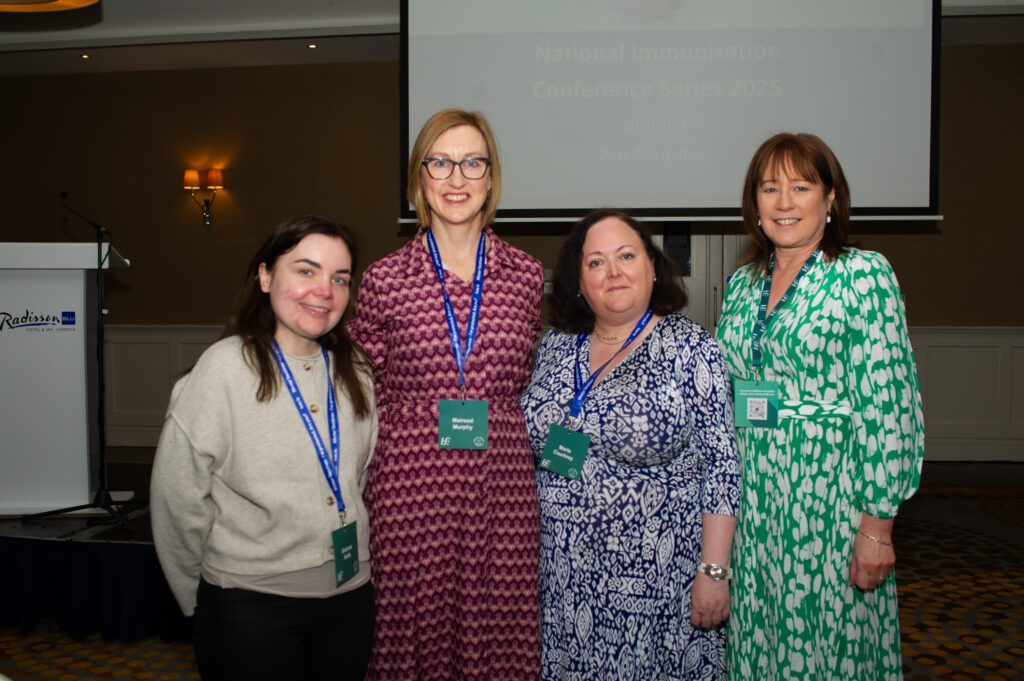
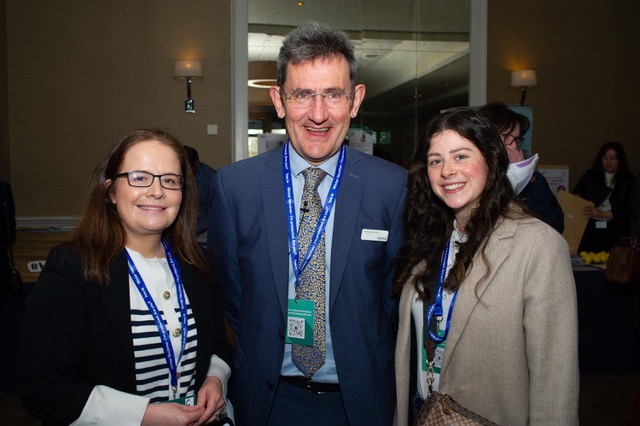
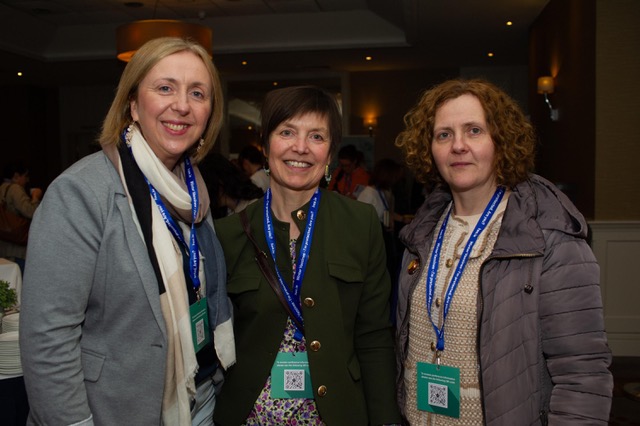

Brown, Renmore
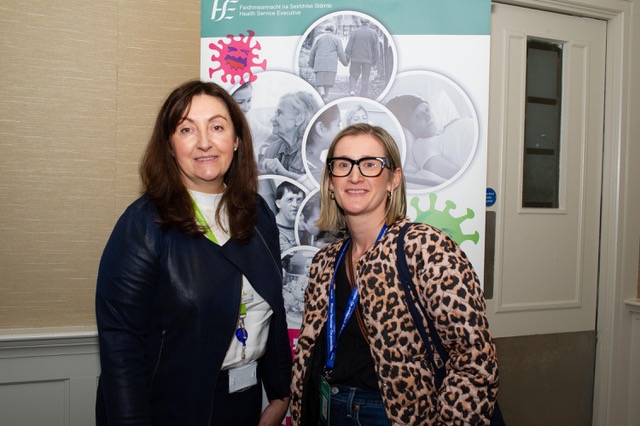
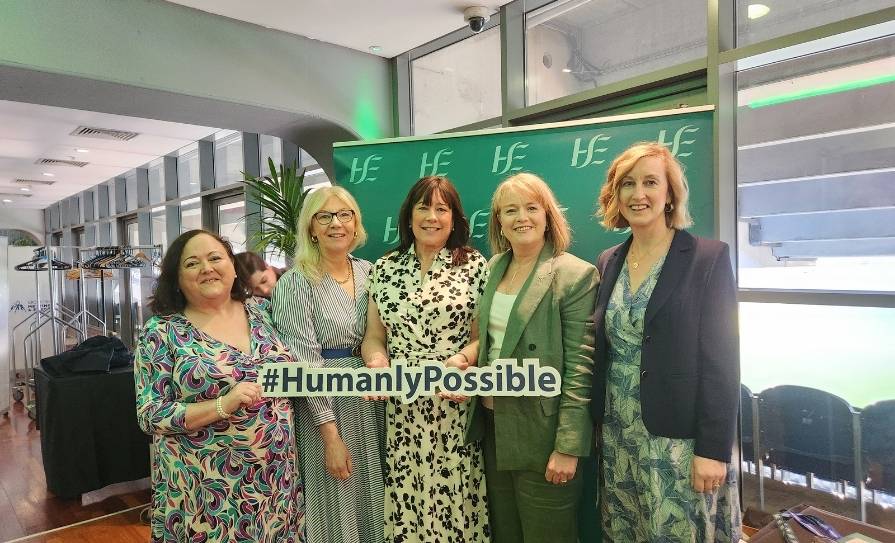

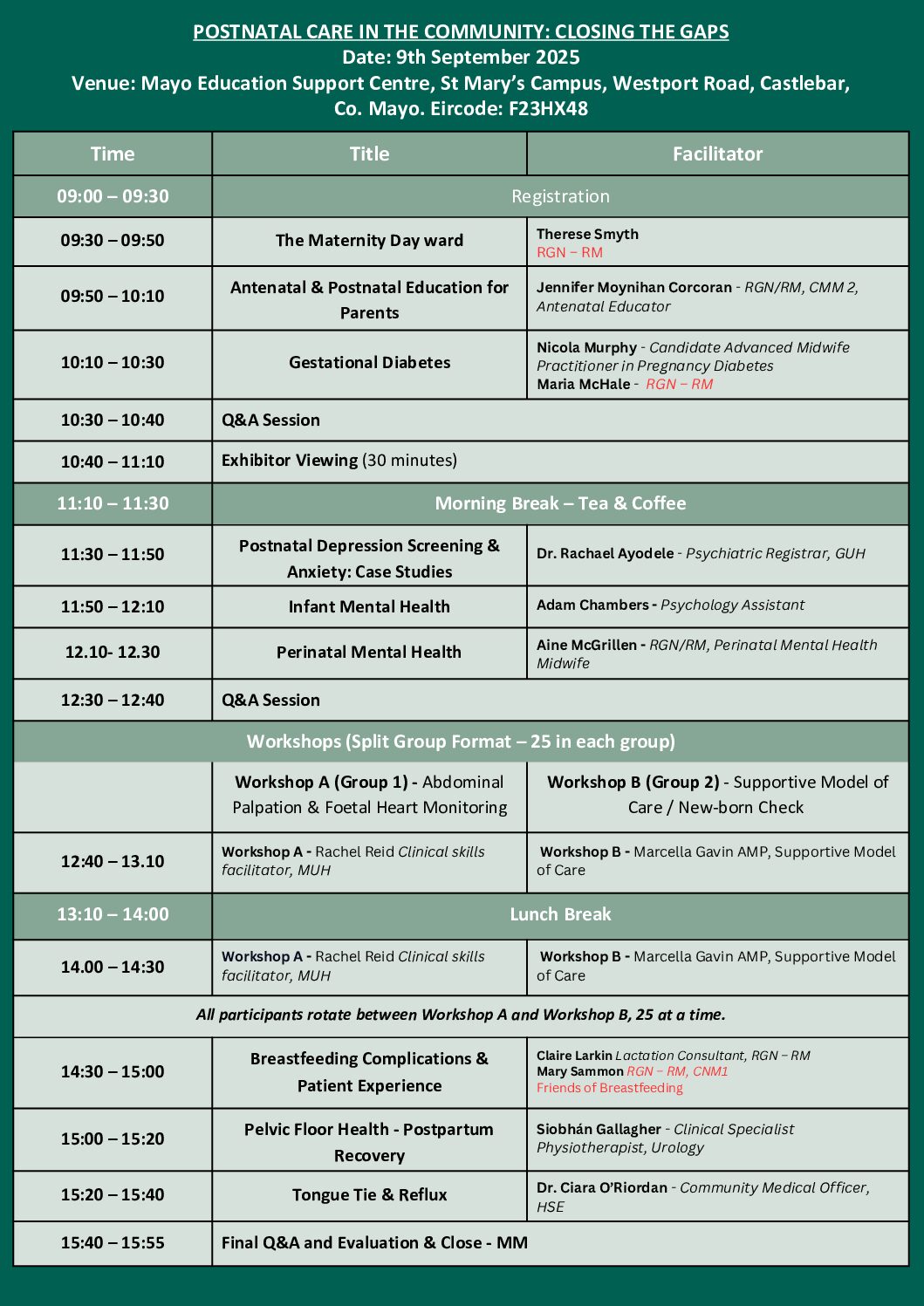
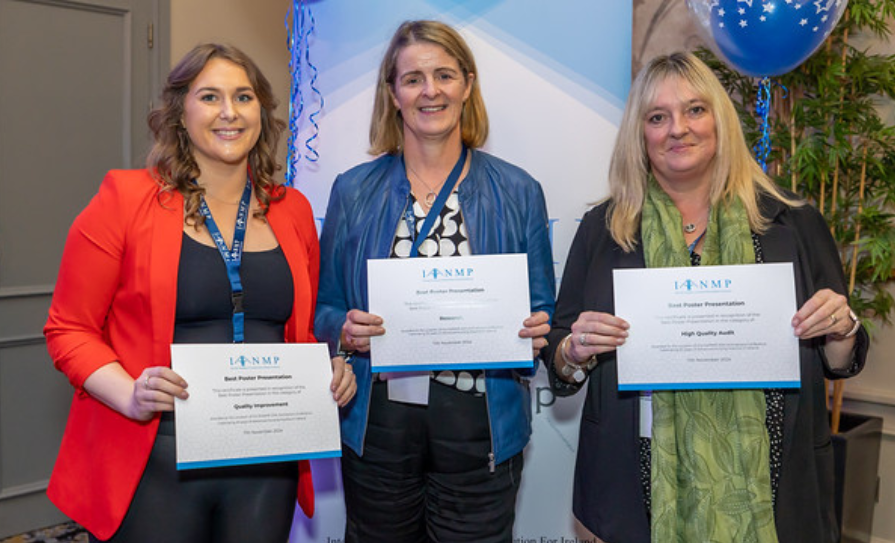
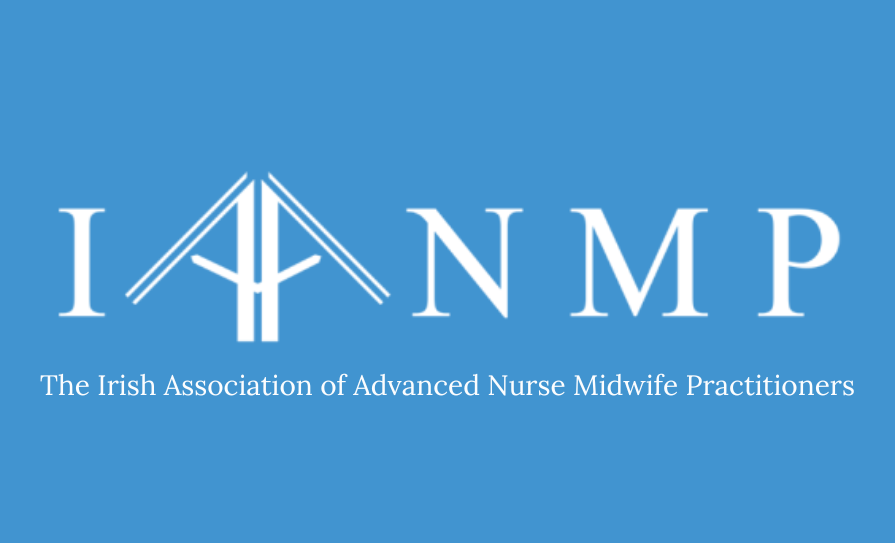

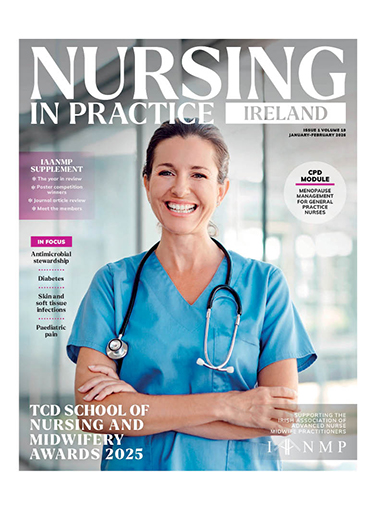
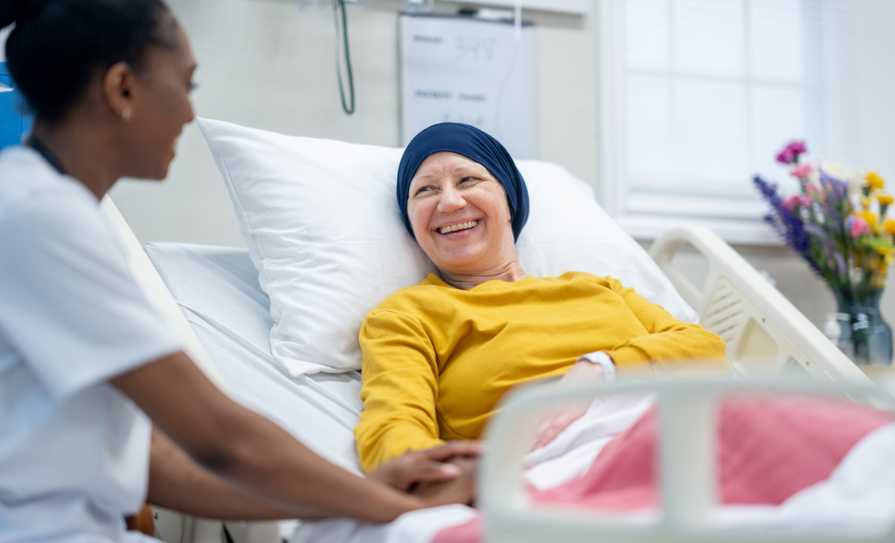



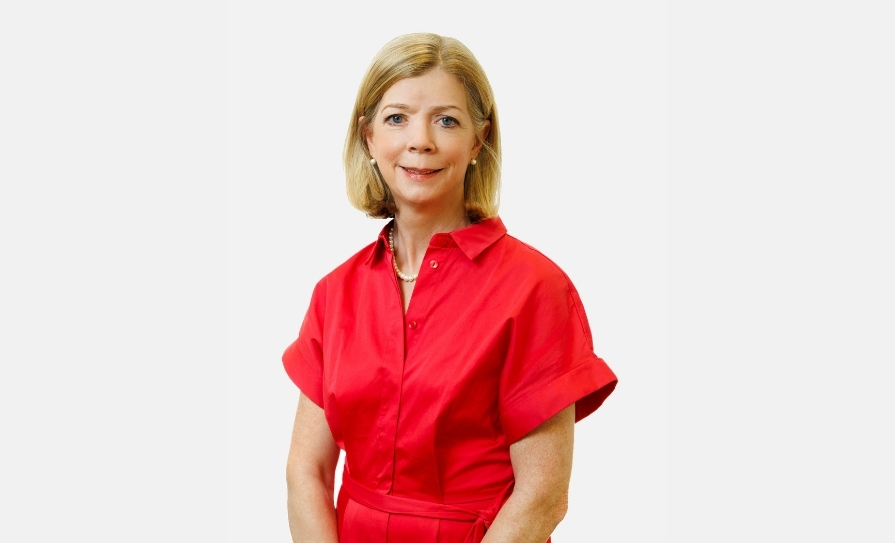

Leave a Reply
You must be logged in to post a comment.